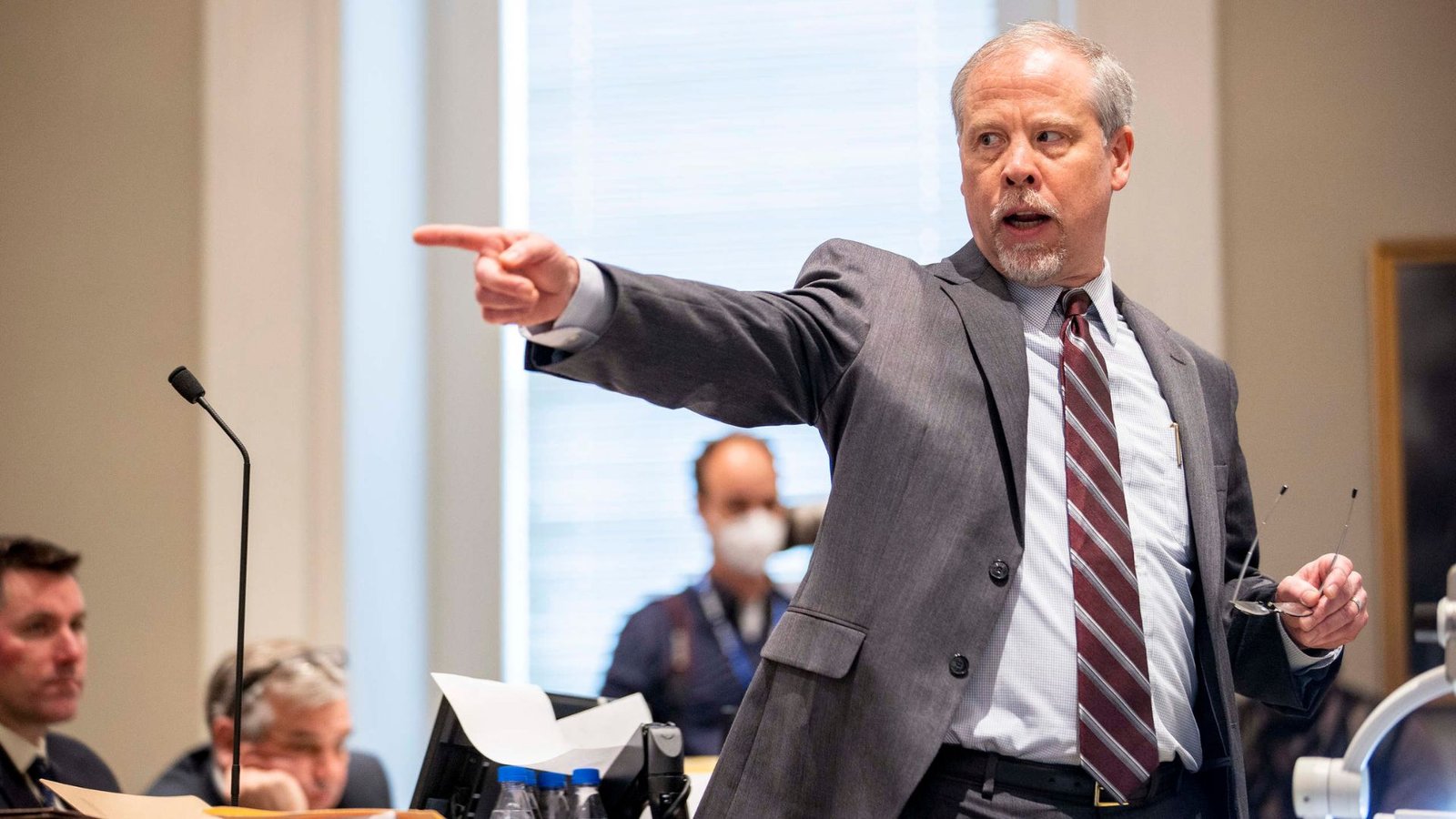Creighton Waters has emerged as a significant figure in the legal landscape, known for his dedication to justice and his insightful perspectives on various aspects of law. This article explores his career, notable contributions, and the broader implications of his work in the legal field.
Early Life and Education
Creighton Waters was born and raised in a small town, where his passion for justice was ignited at an early age. Inspired by community leaders and local attorneys, he pursued a degree in Political Science before attending law school. During his time in law school, Waters excelled academically and engaged in various extracurricular activities, including moot court competitions and legal clinics, which provided him with invaluable hands-on experience.
Career Beginnings
After earning his Juris Doctor, Waters began his career as a clerk for a prominent judge. This role gave him an insider’s perspective on the judicial system, allowing him to understand the intricacies of legal proceedings and the importance of fair representation. His commitment to justice was evident as he worked diligently to assist in cases that would shape his legal philosophy.
Notable Cases
Over the years, Creighton Waters has handled a variety of high-profile cases that have drawn national attention. His expertise spans multiple areas of law, including criminal defense, civil rights, and corporate litigation. Some of his most notable cases include:
High-Profile Criminal Defense
Waters gained recognition for his defense in several high-stakes criminal cases. His approach often involves thorough research, strategic planning, and a deep understanding of the law. By advocating for his clients with integrity, he has built a reputation as a fierce defender of the accused, ensuring that justice is served regardless of public opinion.
Civil Rights Advocacy
In addition to his criminal defense work, Waters is a passionate advocate for civil rights. He has represented individuals whose rights have been violated, standing up against systemic injustices. His work in this area highlights the importance of protecting individual freedoms and ensuring that every voice is heard.
Corporate Litigation
Waters has also made significant strides in corporate litigation, where he has represented both plaintiffs and defendants. His ability to navigate complex legal frameworks has made him a sought-after attorney in business disputes. His understanding of both sides of corporate law enables him to provide balanced and effective counsel.
Contributions to Legal Education
Creighton Waters is not only a practicing attorney but also a dedicated educator. He frequently guest lectures at law schools and legal seminars, sharing his insights and experiences with aspiring lawyers. His commitment to education reflects his belief in the importance of mentoring the next generation of legal professionals.
Workshops and Seminars
Waters organizes workshops and seminars aimed at equipping legal practitioners with the latest knowledge and skills. These events cover a wide range of topics, from emerging legal technologies to ethical considerations in law. By fostering an environment of continuous learning, he contributes to the growth and evolution of the legal profession.
The Role of Ethics in Law
A central theme in Waters’ career is the importance of ethics in the legal field. He often emphasizes that lawyers have a duty to uphold the highest standards of integrity and professionalism. His belief is that the legal profession is not just about winning cases but about serving justice and the community.
Ethical Dilemmas in Practice
Waters frequently discusses ethical dilemmas that attorneys face, including conflicts of interest, client confidentiality, and the balance between zealous representation and moral responsibility. His insights encourage lawyers to reflect on their practices and make decisions that prioritize justice over personal gain.
The Future of Law
As the legal landscape continues to evolve with advancements in technology and changes in societal norms, Creighton Waters remains at the forefront of these developments. He advocates for the integration of technology in legal practice while stressing the need for human oversight to ensure that ethical standards are maintained.
Legal Technology
Waters believes that technology can enhance legal practice, making it more efficient and accessible. He supports the use of artificial intelligence and data analytics to streamline processes and improve client outcomes. However, he also warns against over-reliance on technology, emphasizing the need for personal judgment and ethical considerations.
Conclusion
Creighton Waters is a remarkable figure in the legal community, known for his dedication to justice and ethical practice. His contributions span various areas of law, and his commitment to educating future legal professionals reflects his belief in the importance of integrity in the field. As he continues to advocate for justice and navigate the complexities of law, Waters remains a vital voice in shaping the future of the legal profession.
ALSO READ:Discover Sandra Otter: Your Guide to Nature’s Wonders
FAQs
Who is Creighton Waters?
Creighton Waters is an accomplished attorney known for his work in criminal defense, civil rights, and corporate litigation.
What are some notable cases handled by Creighton Waters?
Waters has handled several high-profile cases, including significant criminal defense and civil rights cases, gaining recognition for his commitment to justice.
How does Creighton Waters contribute to legal education?
Waters contributes to legal education through guest lectures, workshops, and seminars, sharing his insights and experiences with aspiring lawyers.
What is Creighton Waters’ stance on ethics in law?
Waters emphasizes the importance of ethics in legal practice, encouraging attorneys to uphold high standards of integrity and professionalism.
How does technology influence Creighton Waters’ approach to law?
Waters supports the integration of technology in legal practice but advocates for maintaining ethical standards and human oversight in decision-making.











